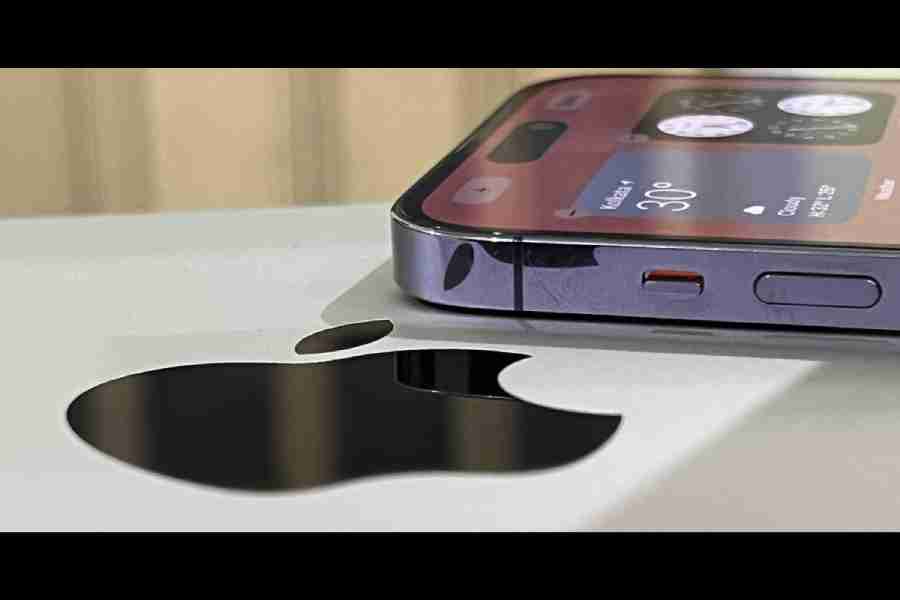The forbidden fruit to begin with was not named, as experts will tell you. Milton may have identified the “ruddie and gold fruit” but in the King James Bible (1611), which well preceeded his Paradise Lost, all that Eve tells the serpent is that God has forbidden her and Adam from eating the fruit of the tree right in the middle of the garden --- “… of the tree of the knowledge of good and evil, thou shalt not eat of it: for in the day that thou eatest thereof thou shalt surely die.”
Berry bad
In The Temptation and Fall of Eve, which is a watercolour by William Blake dated 1808, Adam and Eve are colourless, only the serpent coiled around Eve’s nude form glows orange and gold as do the fruits on the tree above and the one in her mouth. The leaves are typical of the fig tree but otherwise to an Indian eye those fruits could very well have been mangoes. So how did the apple get a bad name? In the essay Eve’s and Adam’s Apple, Robert Applebaum appears to lay the interpretation, if not the blame, at the door of the Latin translation of the Bible.
Apple picking
In the Hebrew text, there was a reference to a certain forbidden fruit. But the Vulgate used the Latin word for fruit, malum, which depending on how you pronounce it can mean any fruit "fleshy on the outside and having a kernel within", apple or evil. And so the apple became evil. Milton refers to the fruit as "Apple" in Paradise Lost. In Paradise Regained (comma) he writes about "that crude apple that diverted Eve". The poisoned fruit that puts Snow White to sleep in the fairy tale is the apple. And when the Belgian surrealist Rene Magritte, put an apple on the face of his man in a bowler hat, almost covering his face, he evocatively called the painting The Son of Man.
In other news, after Opposition leaders raised an alarm about their nearly compromised devices, the IT ministry initiated a probe and now Apple too has joined that effort. Minister of state for electronics and information technology Rajeev Chandrasekhar has reportedly said, "Our investigation is focussed on determining if Apple products are secure and safe and can be trusted to protect the privacy of the consumers. If Apple devices are safe..."
But it isn't just about Apple, is it?











